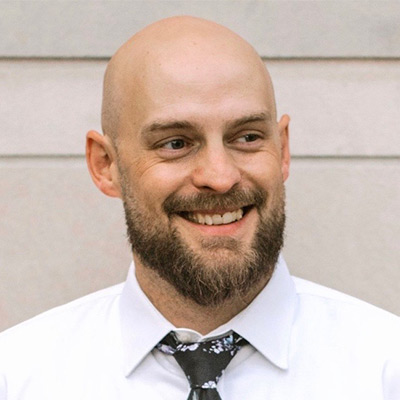A Legal Debate Over Instituting Vaccine Requirements
The COVID 19 pandemic appears to be slowing down (the Delta variant notwithstanding) as the result of mass vaccination of the American public. Both Federal and State governments have been pushing to encourage vaccinations, promoting an exploration into which government actors have the ability to order vaccination mandates.
The federal government does not have the power to force an individual to be vaccinated. However, they can require vaccination in order to engage in both government and private activities, like attending events or specific locations. This power stems from the constitutional right for congress to govern over commerce. However, a federal mandate that requires vaccination to interact with private entities would require legislation and is therefore unlikely to come to fruition.
State and local governments are also legally able to require vaccination as a requirement to engage with state-sponsored actors. This ability stems from the United States Supreme Court Case Jacobson V. Massachusetts in which the Court found that the state does have the ability to mandate vaccines in order to protect the general health and wellness of its citizens. State and local governments tend to have more direct contact with citizens than the federal government, making their ability to enforce vaccine mandates significantly stronger.
While Colorado does have legislation in place requiring that individuals do get certain vaccines to interact with specific government institutions, mainly schools, there have been no official steps taken yet to add a COVID 19 vaccination to that list. However, Governor Polis has been using state health organizations to encourage school institutions to mandate the vaccine.
For example, after consulting with Polis and the Colorado Department of Health, the University of Colorado system has mandated COVID 19 vaccinations for all students attending their college absent medical or personal exemption. However, it’s important to remember that none of the current vaccines available have full FDA approval. Instead, the current vaccine options enjoy a EUA or temporary emergency use authorization. The EUA statute provides that users have to be informed of the option to accept or refuse administration of the product, a clause that has been flagged by some as a cause to prevent the power to mandate vaccination.
However, it’s important to understand that most institutions that require the vaccine have exceptions that are non-medical. For example, the University of Colorado has a non-medical exemption for “personal beliefs that are opposed to immunizations.”
Private institutions like private schools and employers do have the ability to mandate vaccination as an engagement condition. However, these entities are subject to state policy and employee collective bargaining, both of which can restrict companies’ abilities to force a vaccine mandate. However, there is no current legislation in Colorado that protects individuals from being fired for not having a vaccination.
Need Legal Representation?
If you've been charged with a crime, it is imperative that you get fair and honest legal representation as soon as possible. Krizman Law specializes in providing relentless criminal defense for our clients. Contact us today for a review of your case. Call 720.819.7317 or fill out our online form.

Mr. Krizman is a criminal defense attorney in Denver, Colorado. He specializes in providing relentless defense for domestic violence, DUI, and drug crimes. He is a former public defender who has also worked for a district attorney and is licensed in the State of Colorado, and the United States Federal Court, District of Colorado. Mr. Krizman is a member of the Colorado Criminal Defense Bar, Colorado Bar Association, Denver Bar Association, and Arapahoe County Bar Association. A Colorado native, he has a law degree from the University of Denver Sturm College of Law, and a bachelor’s degree in Government and World Affairs from the University of Tampa. Call him today at 720.819.7317.
